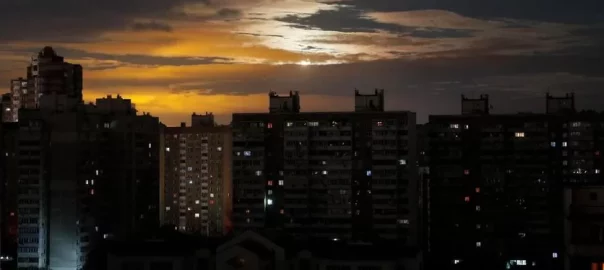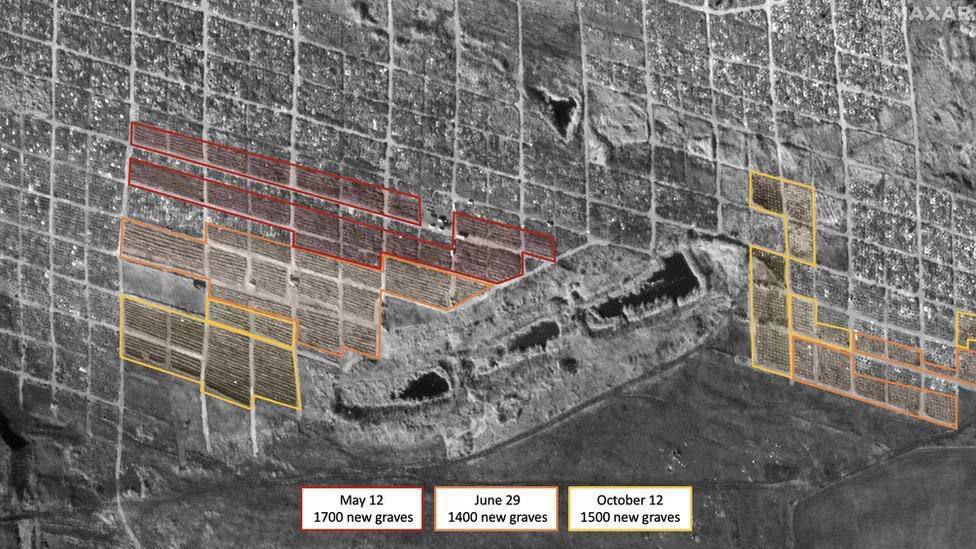To utterly no one’s surprise, Russia is claiming overwhelming support for the referendums they held in those parts of Ukraine occupied by their armed forces (Ukraine war: Russia claims win in occupied Ukraine ‘sham’ referendums – BBC). 97 and 98 percent support! Because that’s how popular the idea of subjugation by Russia really is.
Of course, saying that there were “irregularities” in the voting is the nicest way of putting it. Voting at gunpoint is decidedly more accurate (Ukraine ‘referendums’: Soldiers go door-to-door for votes in polls – BBC). Although people were theoretically free to vote however they felt like, the truth is that if someone comes pounding on your door, accompanied by armed soldiers (and, reportedly, threaten you with conscription if you don’t vote the “right” way), there’s absolutely no way it will be a honest depiction of a person’s or groups attitudes.
The actual numbers will never be known and are utterly meaningless anyway. Russia is just making up whatever numbers they want, because who is there to offer a contrary, factual counter? They’ve got all the ballots — who cares if they’re blank? You can always fill them in later.
There’s a saying (typically in business, in my experience) that it’s easier to ask for forgiveness than permission. It’s a way to justify action without the tedium of going through a committee, especially when action is needed quickly. That’s kind of what I see happening here. Though there was no “need” for Russia to invade Ukraine and loot everything, under the purported guise of “protecting” a Russian-speaking populace. Now they’re just trying to throw a veneer of legitimacy on their actions by “proving” that this is what the people wanted.
I find it beyond belief that the people of Mariupol would have provided any sort of “justification” for the Russian army destroying 90% of their city, driving off or killing 80% of the population, and failing for months to provide basic human needs. I’m sure that 98% of a subjugated population could be forced to “vote” against their best interests. But there’s nothing legitimate about it.
And now, because the outcomes were predetermined, it’s time to put all those willing/forced people to work supporting the very army that took everything from them. They voted to be part of Russia, right? This is what happens:
And just so they won’t have those images going international of thousands of people trying to flee Putin’s grand plan of “only” mobilizing 300,000 “reservists,” it’s best to just shut down the city.
If people from Mariupol do end up in the Russian Army, they can do what the “volunteer” prisoners from Russia are doing: surrender to the first Ukrainians they encounter, because the conditions in Ukraine — even as a POW — are better than in Russia. For the conscripted Mariupol citizens, it may be the way of escape from the hell of the past eight months.
Meanwhile, a reminder of what it means to “fight” in the Russian army:
A church school, an outbuilding and a shop were on fire. There were no military facilities there. Five people are hospitalized, – the deputy head of the President’s Office of Ukraine Kyrylo Tymoshenko reports.
A “mighty army,” so long as it doesn’t actually face any soldiers or real combat.

